“We already focused on DEAI last year.”
“Are we still talking about DEAI?”
“I think we missed the window of opportunity to implement a DEAI strategy.”
These and similar statements have come from our clients over Q1 and Q2 of this year. With news around large companies such as Amazon, Twitter, and Nike eliminating their DEAI leaders (and in some cases their entire teams), it is no wonder there is a sentiment that DEAI was a trend that has ended.
As quickly as the movements and uprisings gave a spotlight to social inequities at the time of the murder of George Floyd, the silencing of those movements has been just as swift. According to a recent piece by ABC News, there was a 33% attrition rate for DEAI professionals (compared to 21% for non-DEAI focused professionals) last year. Without representation and leadership in this area of the business, many organizations have perceived that it is less important or an optional piece of their strategy going forward.
Thought leaders and practitioners in this space have come together in recent months to discern why this discrepancy exists and how this movement has been silenced so quickly. While it’s a complex landscape, one theme has come up time and time again — many organizations positioned DEAI to be a stand-alone statement instead of an integration and shift in their culture.
Oftentimes in DEAI training sessions, I will use the phrase “DEAI isn’t something we do, it’s what we do”. Getting away from the add-on or bolt-on mentality that has paralyzed DEAI is imperative for its sustainability. The work must be about purpose and aligned with the culture we seek for our employees, leaders, stakeholders, customers, and partners at all levels of our organization — not simply a statement.
Fatigue in this work stems from the phenomenon of feeling that DEAI is yet one more thing on the plates of leaders. It was a statement to be made, a box to be checked, and a lens to put on our work to ensure we didn’t have something missing. Ensuring it’s integrated into all parts and purpose through the organization diminishes that fatigue as it’s not one more thing on the list — it’s truly what we do.
Here are three areas of exploration to help your organization move from the fatigue of a statement toward the energy of true culture change.
- Understand the “business case”. Truly understanding the business case doesn’t mean bringing in candidates or touting inclusive practices simply to meet a metric and check a box. It means understanding that by having a more diverse and inclusive work environment, organizations connect with their end users more authentically and foster discussions with greater awareness. They also improve the internal culture where new perspectives are welcomed to pursue previously untapped or unachievable goals.
- Make it strategic. A DEAI statement is wonderful (we have one at Compass!) However, we know that words alone will not drive strategy. Organizations that have created specific DEAI strategies that we integrated within their strategic plans have experienced more success than those who have kept DEAI separated from core strategy.
- Create the culture. As leaders in the people space, we understand the importance of culture within our organizations. People spend more time working than they do in most other aspects of their lives and the movement within the workforce highlights that our people want to enjoy coming to work. When DEAI is part of how we work together and a value we hold close as an organization, we know it’s integrated as part of who we are.
DEAI is far from a passing conversation and has certainly not been a trend to quietly slip away. We must acknowledge that many jumped to make a statement but did not integrate the movement into their culture. By understanding how this is part of our fabric and critical to our goals, we may feel energized to make DEAI a strategic imperative woven through all we do.
Contact kelly@wearecompass.com to elevate your organizational performance.
This is a portion of the full article published in the July special edition of Perspectives.


